Make your space comfortable with HVAC equipment
At HVAC Solutions USA, we specialize in delivering top-notch heating, cooling, and air quality services to homes and businesses across the nation. With a commitment to comfort, efficiency, and innovation, we provide tailored solutions designed to meet your unique climate control needs. From energy-saving installations to reliable maintenance and repairs, our expert team ensures your systems run at peak

Make your space comfortable with
HVAC equipment
At HVAC Solutions USA, we specialize in delivering top-notch heating, cooling, and air quality services to homes and businesses across the nation. With a commitment to comfort, efficiency, and innovation, we provide tailored solutions designed to meet your unique climate control needs. From energy-saving installations to reliable maintenance and repairs, our expert team ensures your systems run at peak

We trusted by





We trusted by





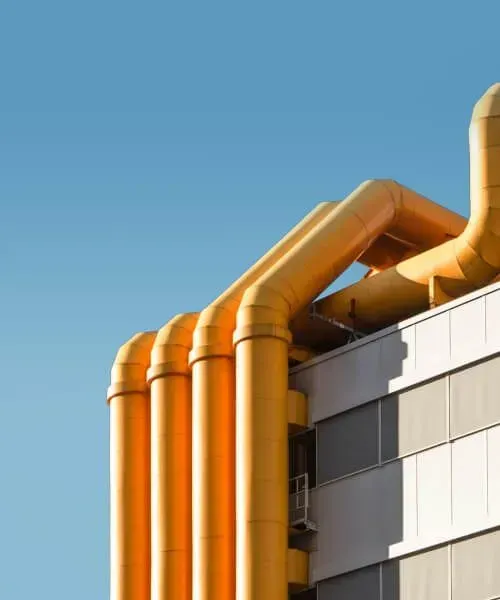
HVAC repair and
installation company
Lorem ipsum dolor sit amet, consectetur adipiscing elit, sed do eiusmod tempor incididunt ut labore et dolore magna aliqua. Ut enim ad minim veniam, quis nostrud exercitation ullamco laboris nisi ut aliquip.
Amet minim mollit non deserunt ullamco est sit aliqua dolor do amet sint. Velit officia consequat duis enim velit mollit. Exercitation veniam consequat sunt nostrud amet.
Amet minim mollit non deserunt ullamco est sit aliqua dolor do amet
sint. Velit officia consequat duis enim velit mollit. Exercitation veniam
consequat sunt nostrud amet.

HVAC repair and
installation company
We are a professional HVAC repair and installation company committed to delivering reliable, high-quality heating, cooling, and ventilation solutions for residential and commercial spaces.
With a team of experienced technicians, we specialize in diagnosing and repairing HVAC systems, installing energy-efficient units, and providing routine maintenance to ensure optimal performance year-round.
Our mission is to enhance comfort, improve air quality, and offer cost-effective solutions tailored to meet each customer's unique needs. Dedicated to exceptional service and craftsmanship, we take pride in creating a comfortable and efficient environment for every home and business we serve.
Services We Provide
Amet minim mollit non deserunt ullamco est sit aliqua dolor do amet sint. Velit officia consequat duis enim velit mollit.

HVAC Installation
$200
Install the system, connecting the heating and cooling equipment to the ventilation system in businesses.
Learn more...


Maintenance
$200
Regular maintenance is essential to keep your HVAC system functioning properly and efficiently.
Learn more...


Cooling
$200
Amet minim mollit non deserunt ullamco
est sit aliqua dolor do amet sint. Velit
officia consequat duis enim velit mollit.
Learn more...
Services We Provide
Amet minim mollit non deserunt ullamco est sit aliqua dolor do
amet sint. Velit officia consequat duis enim velit mollit.

HVAC Installation
$200
Install the system, connecting the heating and cooling equipment to the ventilation system in businesses.
Learn more...


Maintenance
$200
Regular maintenance is essential to keep your HVAC system functioning properly and efficiently.
Learn more...


Cooling
$200
Amet minim mollit non deserunt ullamco
est sit aliqua dolor do amet sint. Velit
officia consequat duis enim velit mollit.
Learn more...
Service Requests
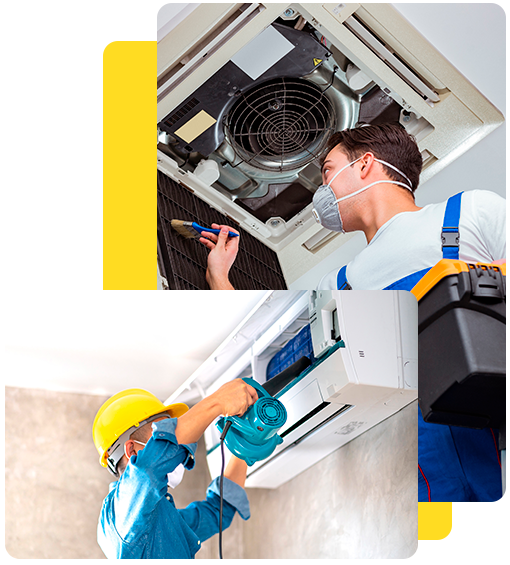
Lorem ipsum dolor sit amet, consectetur adipiscing elit, sed do eiusmod tempor incididunt ut labore et dolore magna aliqua. Ut enim ad minim veniam, quis nostrud exercitation ullamco laboris nisi ut aliquip.
Amet minim mollit non deserunt ullamco est sit aliqua dolor do amet
sint. Velit officia consequat duis enim velit mollit. Exercitation veniam
consequat sunt nostrud amet.
Amet minim mollit non deserunt ullamco est sit aliqua dolor do amet
sint. Velit officia consequat duis enim velit mollit. Exercitation veniam
consequat sunt nostrud amet.
Service Requests
Service Requests are an essential tool for efficiently managing and addressing maintenance, repair, or support needs. They provide a streamlined process for reporting issues, ensuring clear communication between requesters and service providers.
Whether for routine maintenance, urgent repairs, or specialized support, service requests help prioritize tasks, track progress, and deliver prompt solutions.
By simplifying the process and ensuring accountability, service requests contribute to smoother operations, increased productivity, and enhanced customer satisfaction.

Just Connect with us
Far far away, behind the word mountains, far from the countries Vokalia
and Consonantia, there live the blind texts of lorem ipsum dolor.
Just Connect with us
Far far away, behind the word mountains, far from the countries Vokalia
and Consonantia, there live the blind texts of lorem ipsum dolor.
Estimate Requests

Lorem ipsum dolor sit amet, consectetur adipiscing elit, sed do eiusmod tempor incididunt ut labore et dolore magna aliqua. Ut enim ad minim veniam, quis nostrud exercitation ullamco laboris nisi ut aliquip.
Amet minim mollit non deserunt ullamco est sit aliqua dolor do amet
sint. Velit officia consequat duis enim velit mollit. Exercitation veniam
consequat sunt nostrud amet.
Amet minim mollit non deserunt ullamco est sit aliqua dolor do amet
sint. Velit officia consequat duis enim velit mollit. Exercitation veniam
consequat sunt nostrud amet.

Estimate Requests
Estimate Requests are a valuable tool for customers to gain detailed insights into the costs associated with a service or project. By submitting an estimate request, customers can receive a comprehensive breakdown of expenses, timelines, and the scope of work involved.
This process promotes transparency, builds trust, and helps customers make informed decisions that align with their budget and expectations. Whether for repairs, installations, or large-scale projects, estimate requests streamline communication, ensure clarity, and establish a foundation for successful planning and collaboration.
Our Work
Whichever solution best fits your home, you can be sure you’ll get the latest in HVAC technology and a heating and cooling system that fits your lifestyle.
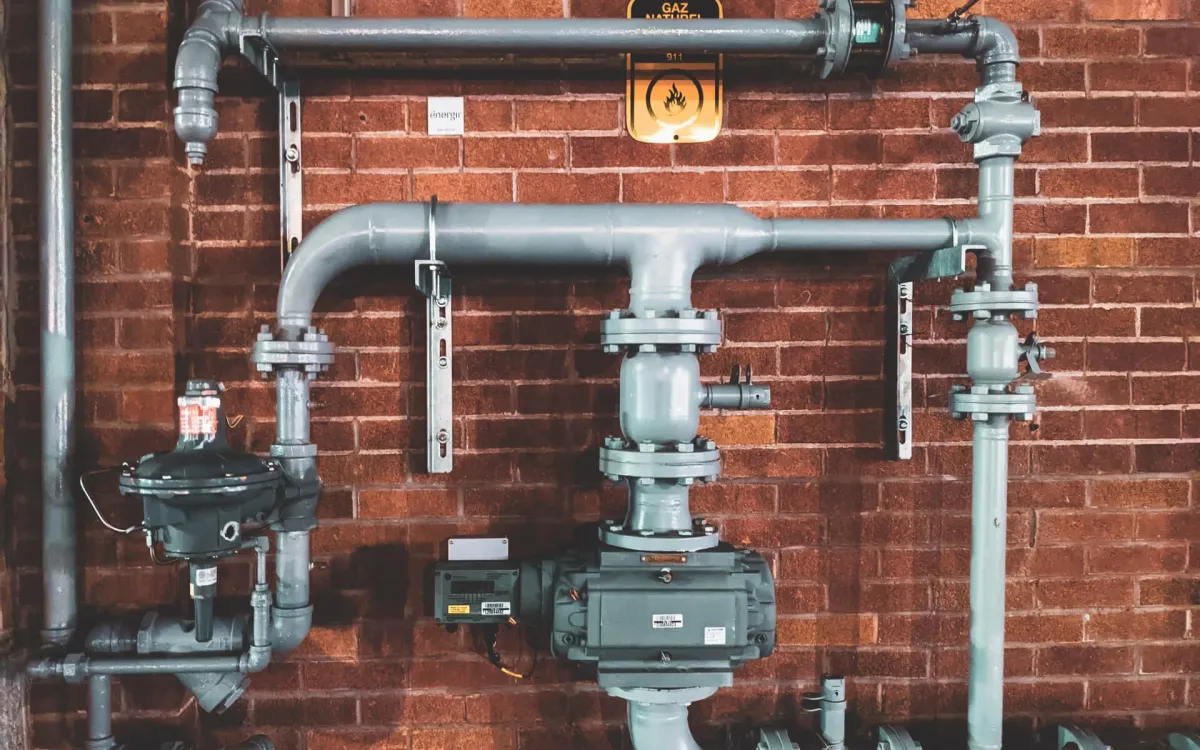
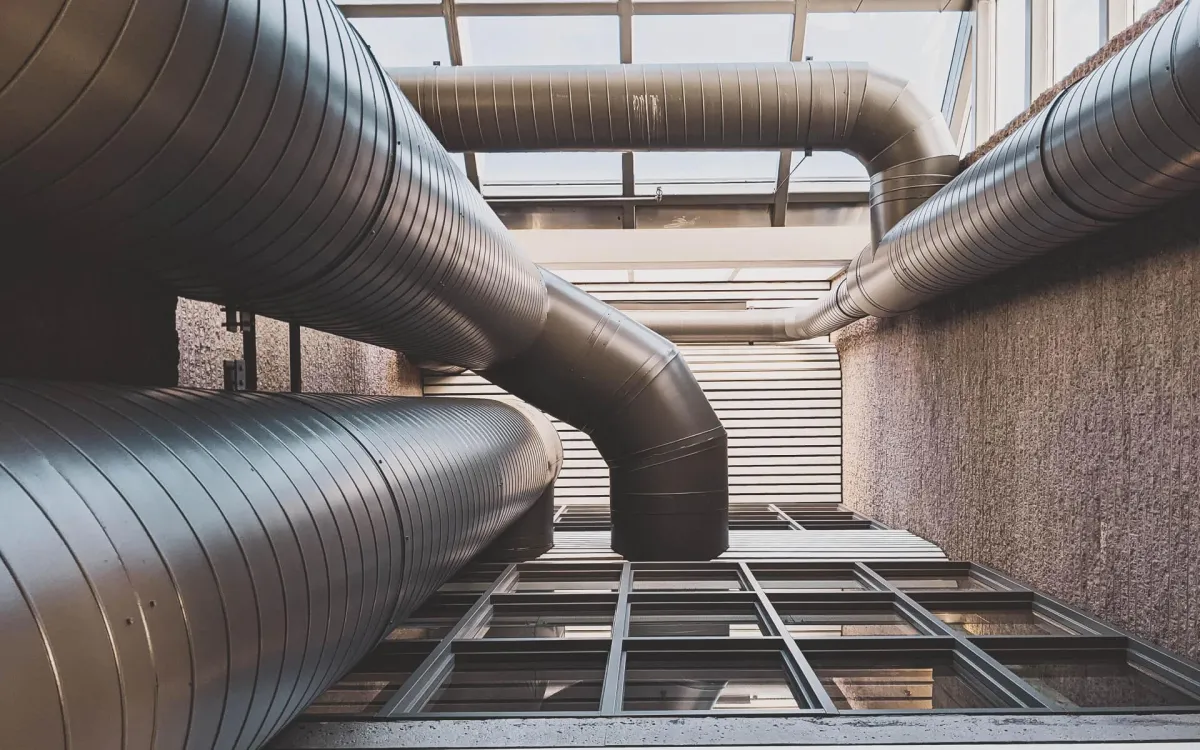
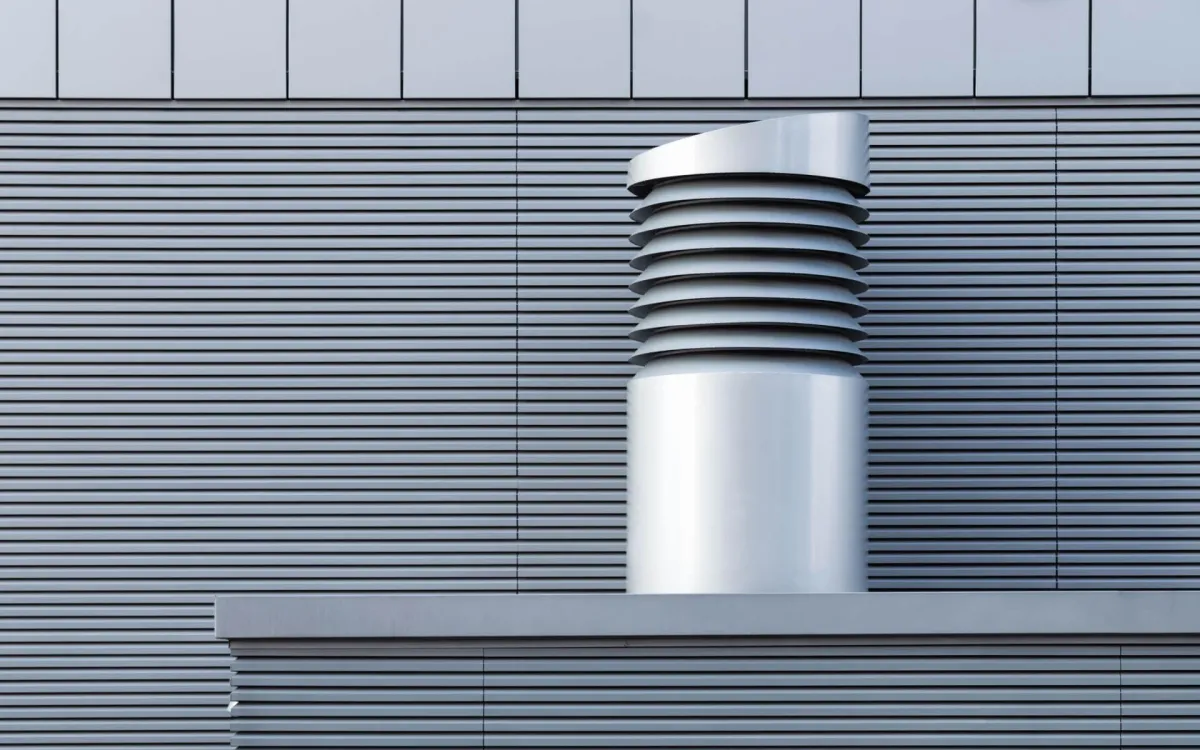
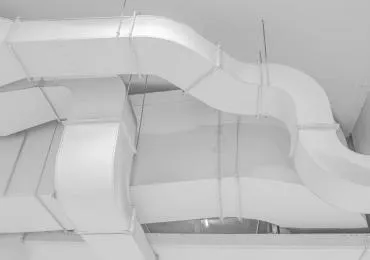

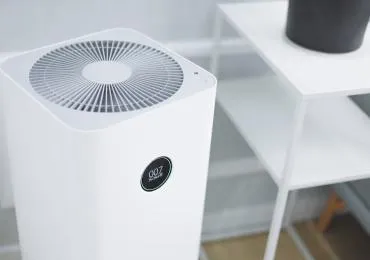
Our Work
Whichever solution best fits your home, you can be sure you’ll get the latest in HVAC technology and a heating and cooling system that fits your lifestyle.






What client say about us

Lorem Ipsum is simply dummy text of the printing and typesetting industry. Lorem Ipsum has been he industry's standard dummy text ever since the 1500s, when an unknown printer took a galley of type and scrambled.

Darcel Ballentine
Barone LLC.

Lorem Ipsum is simply dummy text of the printing and typesetting industry. Lorem Ipsum has been he industry's standard dummy text ever since the 1500s, when an unknown printer took a galley of type and scrambled.

Darcel Ballentine
Barone LLC.

Lorem Ipsum is simply dummy text of the printing and typesetting industry. Lorem Ipsum has been he industry's standard dummy text ever since the
1500s, when an unknown printer took a galley of type and scrambled.

Darcel Ballentine
Barone LLC.
What client say about us

"HVAC Solutions USA exceeded my expectations! Our heating system broke down in the middle of winter, and their team responded quickly and professionally. They not only repaired the issue but also educated us on how to maintain our system for better efficiency. Exceptional service and a friendly team—I highly recommend them!"

Jessica Rolanda
Systemic41 LLC.

"We hired HVAC Solutions USA to install a new air conditioning unit for our office, and we couldn’t be happier. Their team was knowledgeable, efficient, and ensured minimal disruption to our workday. The new system works flawlessly, and our energy bills have noticeably decreased. Thank you for a job well done!"

Darcel Ballentine
Barone LLC.

"From start to finish, HVAC Solutions USA was outstanding. They provided a detailed estimate for our HVAC replacement, answered all of our questions, and completed the installation on time and within budget. Their professionalism and attention to detail made the entire process stress-free. I’ll definitely use them again for future needs!"

Mark Tremoli
Vikingswin
Frequently Asked Question
What is Lorem Ipsum?
Lorem Ipsum is simply dummy text of the printing and typesetting industry.
What is Lorem Ipsum?
Lorem Ipsum is simply dummy text of the printing and typesetting industry.
What is Lorem Ipsum?
Lorem Ipsum is simply dummy text of the printing and typesetting industry.
What is Lorem Ipsum?
Lorem Ipsum is simply dummy text of the printing and typesetting industry.
What is Lorem Ipsum?
Lorem Ipsum is simply dummy text of the printing and typesetting industry.
Frequently Asked Question
How often do I need to change my air filters?
Once a month is a pretty good rule of thumb for most people. Depending on where you live and how much dirt, pet dander, and other contaminants are present, the answer could be more or less. Check your filter frequently to determine if it’s dirty. If it is, change it.
What size unit do I need?
There’s no easy answer for this one. A lot of factors will go into what size heating and cooling unit you’ll need. The type of house you own, its walls, insulation, attic space, and more can go into determining what size unit is required. A system that is too large could result in a home that’s too humid, causing problems with moisture and mold. A system that is too small will run constantly, running up your energy bill. Only a qualified heating and cooling technician can determine what size unit is best for your home.
If I replace my outdoor unit, do I need to also replace my indoor unit?
In most cases, the answer is yes. There are a variety of reasons why you should replace both the outdoor and indoor units simultaneously. For starters, air conditioner and heat pump outdoor units are manufactured to work with a matched indoor unit. When you mix and match units, it can result in reduced efficiency and performance.
Should I cover my unit in the fall and winter?
While covering your unit can prevent unwanted debris from accumulating on the unit, it can also cause problems if you try to operate it with the covering in place. If you’re going on a long trip and plan to turn the unit off while you’re gone, feel free to cover it up. Just make sure you disconnect the power source before leaving.
What causes AC units to freeze up?
There are a lot of reasons why your air conditioning system might freeze up, and all of them require help from a professional technician to resolve, as only they have the training and correct tools to fix the problem.
Ironically, low refrigerant can cause your system to freeze up. Over time, wear and tear to your system can result in leaks that cause the system to lose refrigerant. When your unit loses refrigerant, it causes the system to freeze up because of low pressure inside the system.
When freon levels are low, the refrigerant still is forced to expand to the same amount. The more that expansion occurs, the cooler the temperature is produced. The colder temperature will cause moisture in the air around your unit’s evaporator coil to freeze, eventually icing up the coil and impeding its function.
Dirty evaporator coils can cause units to lose airflow and, eventually, cause the system to freeze up. Defective blower motors can also cause freezing.
How often should I have my unit serviced?
Heating and cooling units need to have scheduled check-ups to make sure everything is operating properly. HVAC experts recommend an annual inspection and service call by your heating and cooling company. Technicians should inspect your system, lubricate components, and repair or replace any malfunctioning components.
Why are my ducts making a popping sound when the furnace starts or stops?
Popping noises are usually indicative of ducts that are too small to manage the airflow your system is generating. Qualified air conditioner repair specialists can evaluate your ductwork and make necessary adjustments.
What can I do about indoor air quality?
Indoor air quality is a major concern, as many studies show that air pollution is much worse indoors than outdoors. You can improve your indoor air quality with frequent dusting and vacuuming, and you can also have a qualified technician install devices such as UV light units, special air filters, and electronic air cleaners to improve indoor air quality. Poor indoor air quality has been linked to many illnesses, so improving your home’s air quality is an investment worth making.
How do I find out if my unit is under warranty?
Check the label on the outer surface of your equipment to determine its manufacture date. If it’s less than five years old, there’s a good chance that your equipment is covered by a warranty. Contact the manufacturer for more details.

Available hours:
9:00 am- 5:00 pm

Copyright: © 2022 Company Name - All Rights Reserved

Available hours:
9:00 am- 5:00 pm
